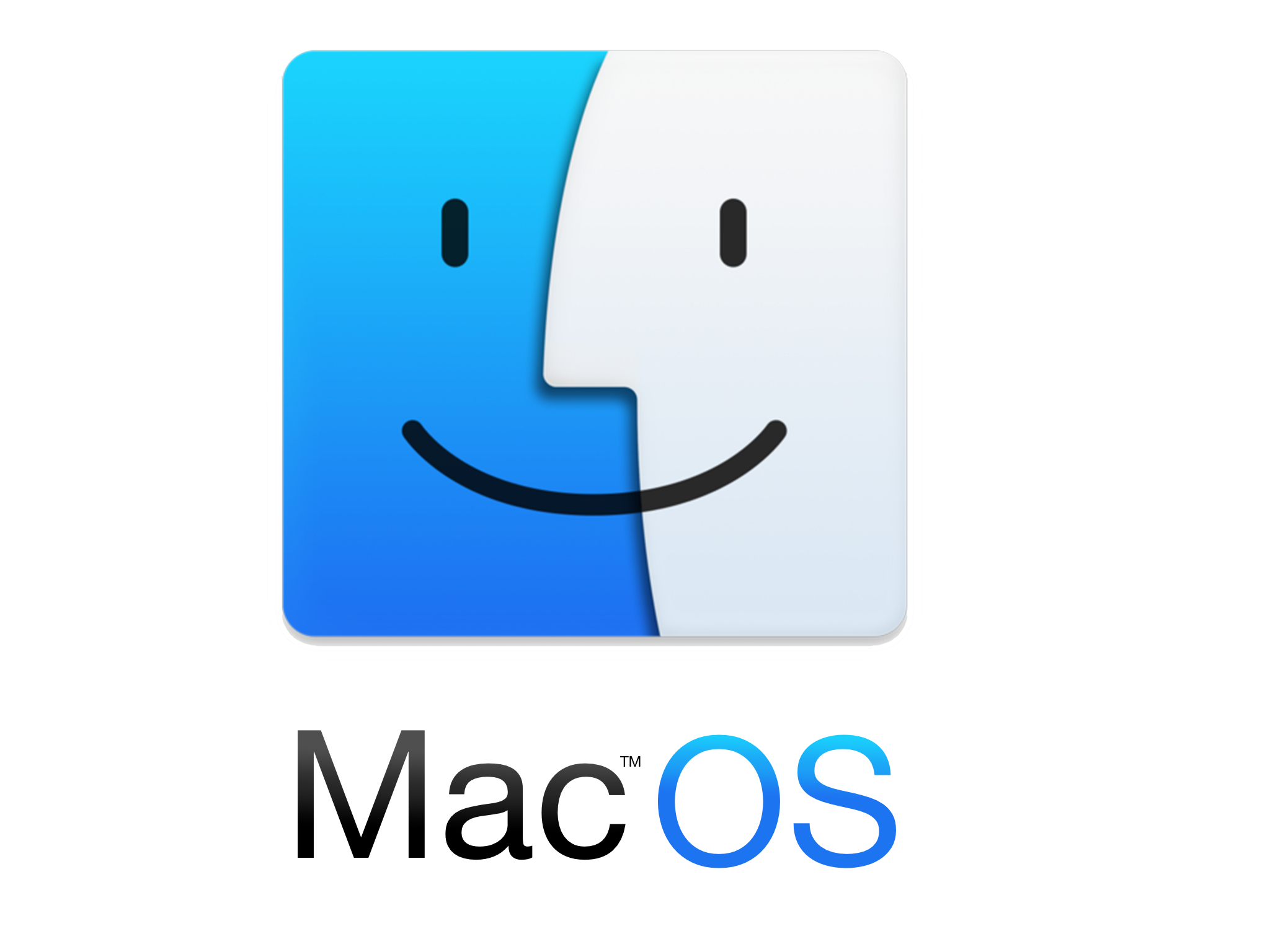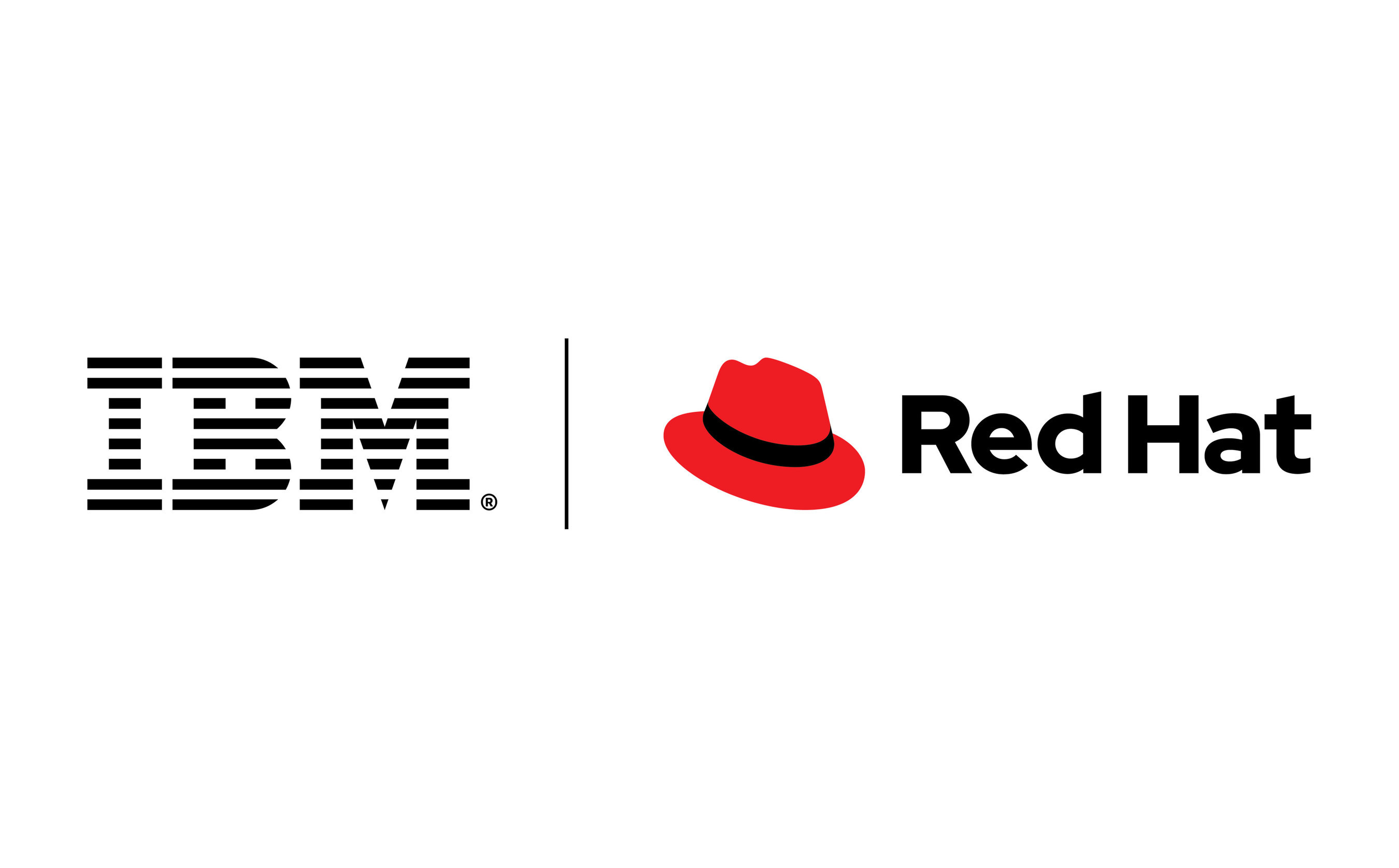Thanks,
bcachefs could be the answer but I don't really want my data on a fs I need this week's kernel to access properly. Maybe I should just hold off for a few months.
I'm not monitoring the drives, I have backups of important stuff...but would be nice to tag more important stuff amongst the mediocre stuff on the off chance both drives don't fail at the same time.




Thanks, I do have backups of important stuff.
I think bcachefs is what I'm looking for, but I'm gonna wait a bit until development calms down a little and keep on the way I am at the moment.